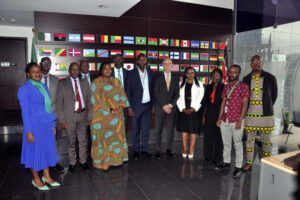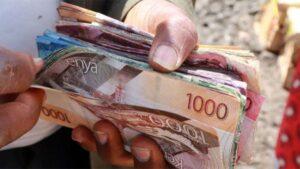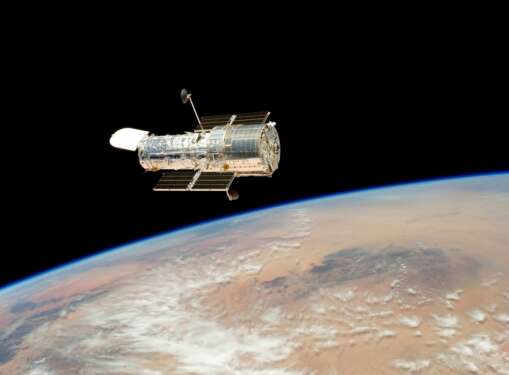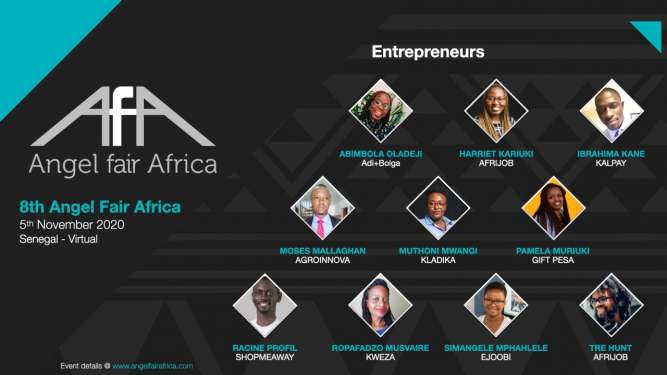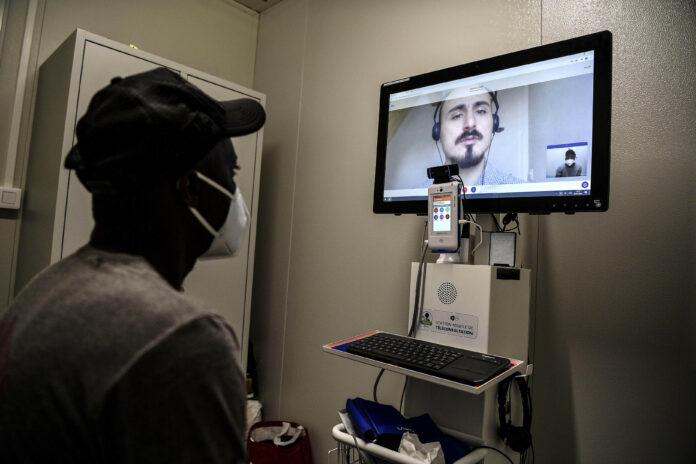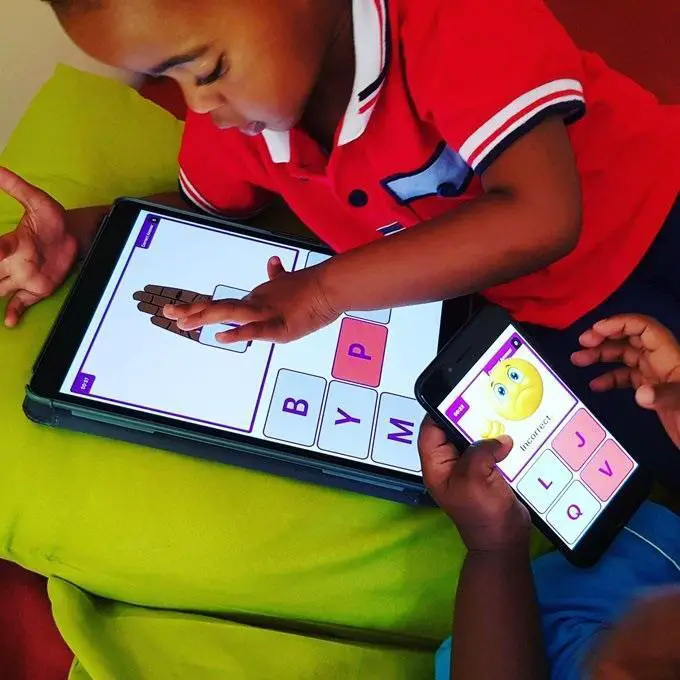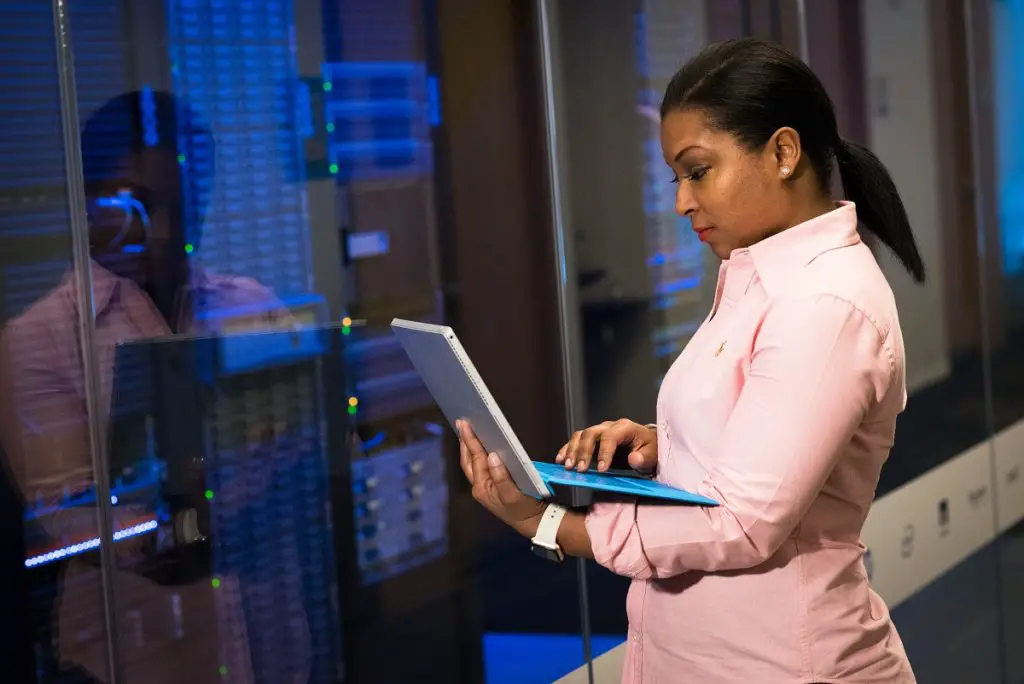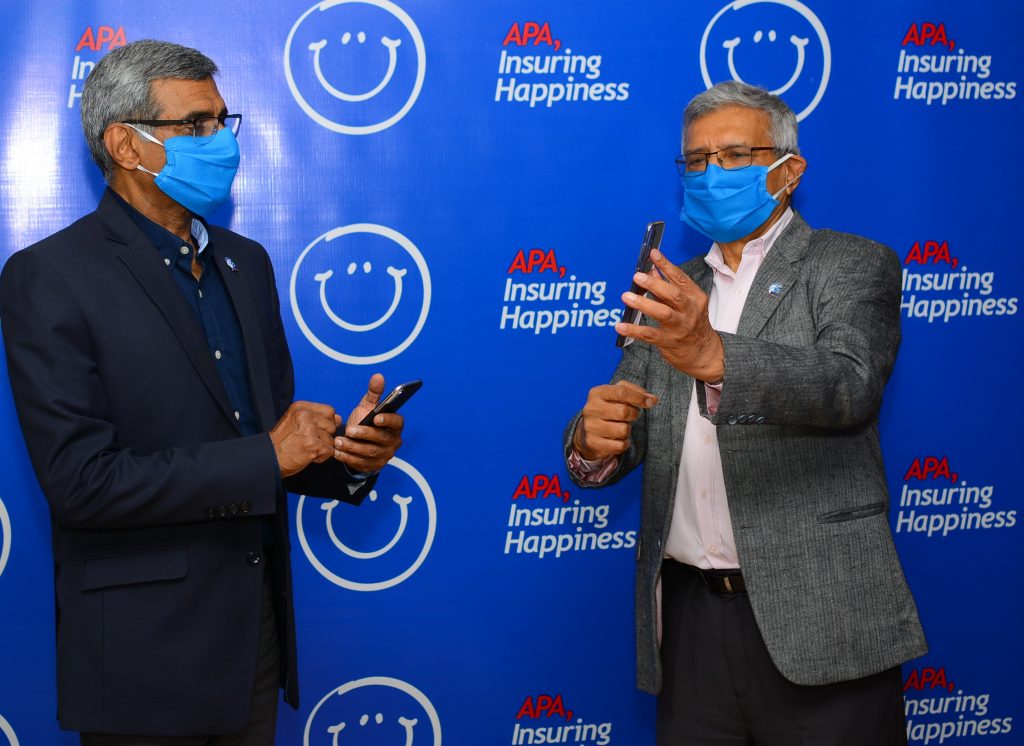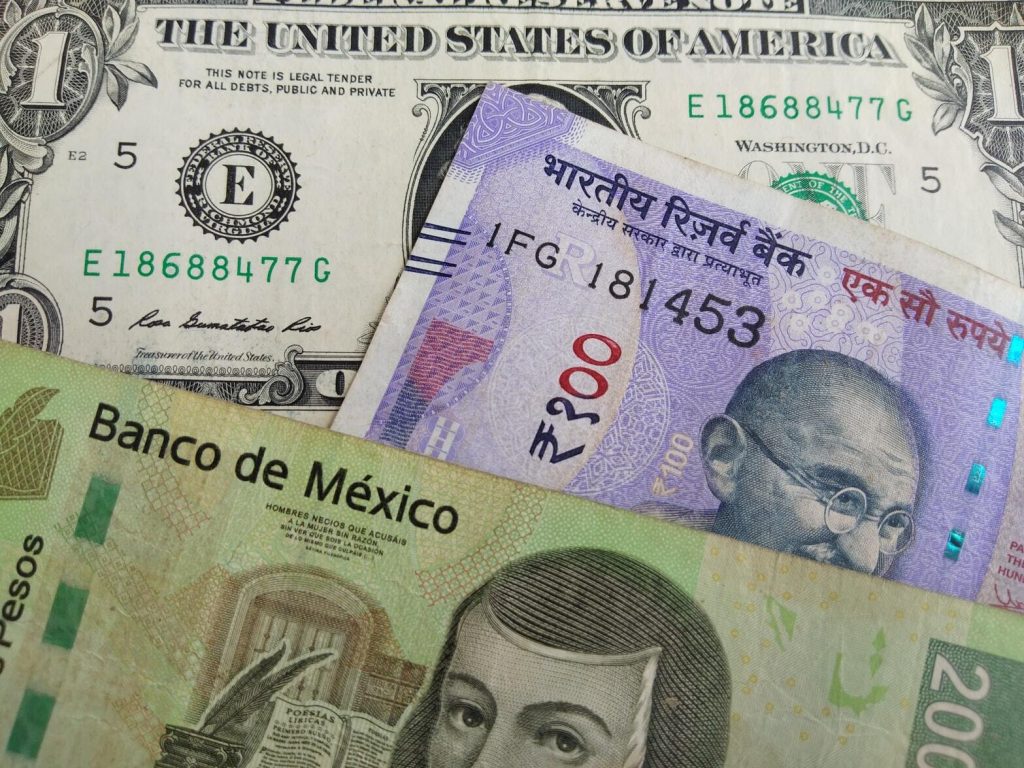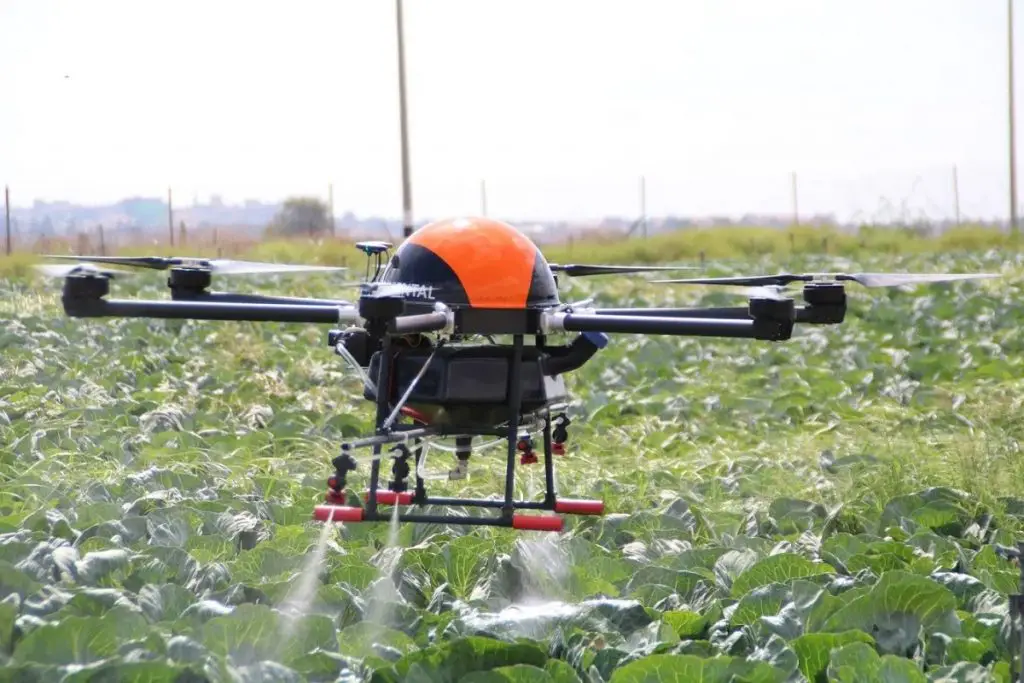- Kenyan Farmers Receive $2M Boost from Africa Fertiliser Financing Mechanism
- Brace for High Interest Rates for a Longer Period World Bank Warns Kenya
- Kenya-Ethiopia Trade Relations: Legislators Advocate for Policy Alignment to Boost Ties
- Visualising the state of debt in Africa 2024
- Abu Dhabi radiates optimism as over 300 startups join AIM Congress 2024
- TLcom Capital Raises $154 million in Funding to Boost Its African Growth
- Africa’s $824Bn debt, resource-backed opaque loans slowing growth — AfDB
- LB Investment brings $1.2 trillion portfolio display to AIM Congress spotlight
Browsing: technology
Satellite technology is an integral part of modern communication networks. The world has evolved from the postal age and centred on a more fluid digital approach to information distribution. Organisations, governments and individuals all require and depend on consistent and timeous availability of information.
Satellite technology provides linkages in telecommunications, broadcasting and data communication.
The telecoms industry has grown significantly, with more people accessing mobile phone services. Cellular and wireless companies such as MTN, Econet and Vodacom have expanded reach across the continent. This has dramatically improved connectivity and improved livelihoods. Cellphone penetration is on the rise, which has managed to catapult Africa into the communication age.
Broadcasting services have also improved significantly, especially in the quality of service. Radio and television services alike have improved notably.

Access to connectivity
African countries along the coast like Nigeria, South Africa and Kenya benefit from using submarine fibres.
In June 2017, 52.1% …
Forty-three leading global investors from Africa, Europe, the US, and the Middle East have signed up to participate virtually in the 8th Angel Fair Africa on 5th November 2020.
The investors are from Angel Africa List (AAL), Africa Venture Capital and Private Equity Association (AVCA), America Capital Association (ACA), Women-In-Capital (WIC), Viktoria Business Angel Network, Brightmore Capital, amongst others. Anime Partners and MSM Property Fund are supporting the investor participation.
The ten selected ventures to pitch to these investors have gone through our one-month Africa Virtual Accelerator (AVA) @ https://www.africavirtualaccelerator.com/in.php. They are, ShopMeAway led by Racine Carr; Kalpay led by Ibrahima Kane; AgroInnova led by Amos Narh; Adi&Bolga led by Abimbola Oladeji; Kladika led by Muthoni Mwangi; Gift Pesa led by Pamela Muriuki; Ejoobi led by Simangele Mphahlele; Kweza led by Ropafadzo Musvaire, Afrijob Network led by Harriet Kariuki and Curacel led by Henry Mascot. Their participation …
The UK-based development finance institution and impact investor, CDC, invested $40 million dollars into Liquid Telecom. The deal is part of an equity arrangement initially structured in 2018 when the CDC made a $180 million dollar transaction.
The investment will fund the expansion of Liquid Telecoms, Africa Data Centres with the aim of positioning the company as the top data center operation in Africa.
Data centers reduce costs for businesses by offering affordable data storage. In addition, the development of software as a service (Saas) applications will spur innovation and increased activities in start-ups as it allows for improved delivery of software such as office software, payroll processing, collaboration tools, and human resource management among others.
Liquid Telecom is a communications solutions provider that offers independent fiber, data centers, and cloud technology. It operates across sub-Saharan Africa with a footprint in 13 countries. The company has built the largest fiber …
A South African health-tech company Udok has sealed $613 000 (ZAR 10 million) in Venture Capital funding from FinX capital.
The money raised will be used to spearhead expansion. The Capetown-based startup has partnered with Clicks Stores to provide consultations in Click’s pharmacy clinics. With Clicks being one of the largest pharmacy retailers in South Africa, this will give the firm access to a large clientele base.
The company also plans to roll out laboratory testing using the Clicks network to provide lower-cost testing services for patients. Currently, the costs of laboratory testing are above the reach of many.
Founded in 2018, Udok enables individuals to access healthcare services via a digital platform. This includes virtual consultations with doctors, receiving prescriptions, and getting access to remote admissions.
The company uses smart technology for examinations during the consultation and allows users to access their health records from anywhere. Leveraging a digital …
Technology is making Africa an inclusive continent.…
Most workers in East Africa fall in these primary and secondary sectors with a high risk of automation.…
NAIROBI, Kenya May 19 – APA Insurance, has launched an App for both its customers and agents in a bid to offer flexibility.
The APP dubbed ‘APA Insurance Happiness app’ will enable customers make fast and safe motor insurance purchases, renewals and report claims easily on their mobile devices anywhere and anytime.
The new free app will also provide up to date records of customers and also give location of their country wide partner garages in case of an accident.
The agent’s app will enable them to access a premium calculator, agent account management, pre-insurance inspection and renewal on the go, making them more effective and efficient when interacting with clients and potential clients.
“The Covid-19 pandemic and subsequent need to enforce social distancing has changed the way that we live, work and travel currently and has triggered a real drive across Kenya to shift from traditional channels to digital …
The impact technology has on our world is profound and, some might say, immeasurable. Outside our personal lives, it continues to change industries and global markets at a rapid pace every single day. Foreign exchange, or forex, is one of those financial institutions that are evolving with groundbreaking advancements. But before we can fully appreciate the effects of disruptive technology on forex today and possibly the future, we have to look at how it began.
How Forex Was Traded in the Past
Trading forex is as old as the history of civilizations. In ancient times, people exchanged goods and services for a price, even if that price was represented by raw materials or food. The problem was assigning value fairly — people disagreed on whether or not the items being bartered were equal to each other. To solve this, Thought Co. points out that early civilizations developed commodity money and …
 Africa has some of the most expensive mobile data services in Africa. With the increase in connectivity via smartphones, people in emerging markets can use their portable devices for more things each passing day. Most of us have a smartphone with mobile data that we can carry anywhere and as soon as we step home we switch to our Wi-Fi not to overuse our mobile data; which is most of the time unfairly overcharged.
Africa has some of the most expensive mobile data services in Africa. With the increase in connectivity via smartphones, people in emerging markets can use their portable devices for more things each passing day. Most of us have a smartphone with mobile data that we can carry anywhere and as soon as we step home we switch to our Wi-Fi not to overuse our mobile data; which is most of the time unfairly overcharged.
However some people do not have the privilege to afford both mobile data and internet at home, so they opt for the more expensive but more portable mobile data. Everyday, people in emerging African countries are forced to take this decision and are sometimes charged the most expensive prices in the world for mobile data. What is important to know also is the dependency and impact of smartphones in lower income communities.
With a difficulty in …
Heading into the future, the current farm-to-factory or farm-to-market processes which are expensive will be eliminated.…
